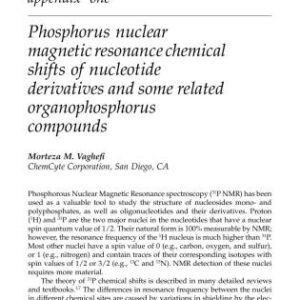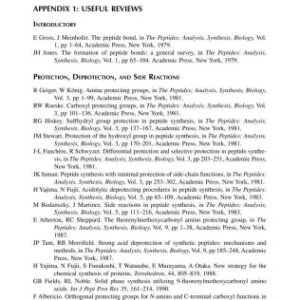Chemistry is the science of matter, its properties, and changes. In your classroom work in chemistry, you will leani a great deal of the information that has been gathered by scientists about matter. But chemistry is not just information. It is also a process for finding out more about matter and its changes. Laboratory activities are the primary means that chemists use to learn more about matter. The activities in the Small-Scale Laboratory Manual require that you form and test hypotheses, measure and record data and observations, analyze those data, and draw conclusions based on those data and your knowledge of chemistry. These processes are the same as those used by professional chemists and all other scientists.Small-Scale Laboratory Manual activities use the latest development in laboratory techniques?small-scale chemistry. In small-scale chemistry, you often use plastic pipettes and microplates instead of large glass beakers, flasks, and test tubes. You also use small amount of chemicals in reactions. Still, when working with small-scale chemistry, you should use the same care in obtaining data and making observations that you would use in large-scale laboratory activities. Likewise, you must observe the same safety precautions as for any chemistry experiment.

![[PDF] Small Scale Laboratory Manual: Chemistry: Matter and Change Dingrando](https://pdfelite.com/wp-content/uploads/2024/04/ec8f8bd94582a192981e78e8b72d2049.jpg)




Reviews
There are no reviews yet.